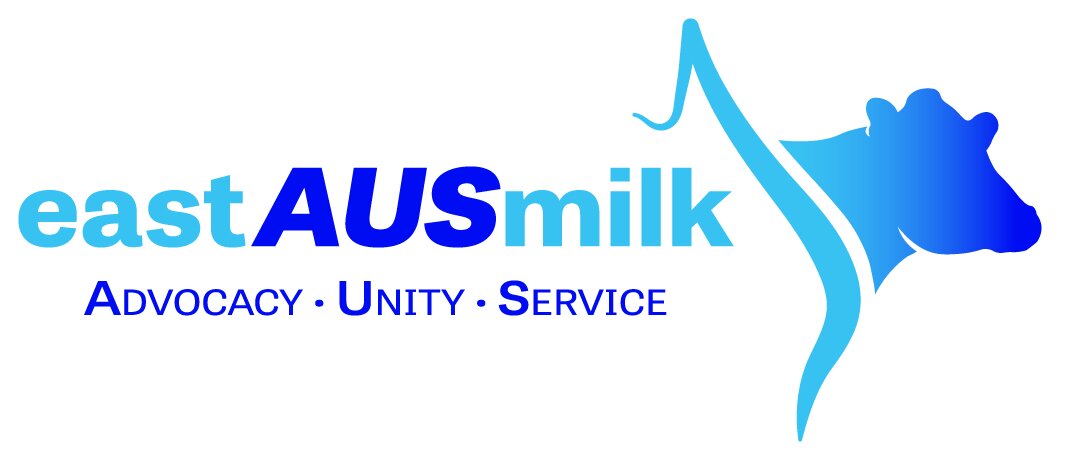Farmers raise competition concerns at industry roundtable
Farmer representatives from across Australia convened in Canberra yesterday for a roundtable hosted by the National Farmers’ Federation (NFF) with Assistant Minister for Competition Andrew Leigh.
The meeting came as the Federal Government continues its review of competition policy, and as supermarket pricing comes under increased scrutiny with a Senate inquiry set to commence in 2024.
NFF Chief Executive Tony Mahar said it was critical that the concerns of farmers were heard and acted on by the Albanese Government.
“Our members are increasingly frustrated by the imbalance in market power between small family farming businesses, and the large corporates that dominate Australia’s food supply chain,” Mr Mahar said.
“Yesterday’s roundtable was an opportunity for industry representatives to put their concerns directly to Government and hopefully get some momentum behind long overdue reform of Australia’s competition settings.
“What we heard is farmers are fed up with the lack of transparency, and worried about the continued consolidation of our supply chains.
“We’re encouraged by the Government’s response to these issues so far, but we know reform is hard, so we need to make sure we’re seeing meaningful changes to give farmers a fair go.”
Issues and policy suggestions highlighted at yesterday’s Roundtable include:
The need for significant competition reform to ensure a sustainable and profitable food production sector in Australia.
Market price transparency
A lack of market price transparency is having a significant impact across all agricultural industries, but particularly in horticulture.
Recent findings by AUSVEG suggest 34% of farmers surveyed nationally were considering exiting the industry within 12 months.
Farmers need to understand how the price they are paid is determined.
Specific issues include: a lack of transparency over factors which determine price, lack of contracts, lack of enforceability and accountability to contractual obligations, unfair trading practices and deceptive conduct.
The group discussed the utility of mandatory price disclosures and price reporting platforms.
Greater resourcing for the ACCC to ensure it has the capacity and powers to effectively monitor and proactively investigate highly concentrated markets with the potential to harm consumers and businesses.
Greenwashing and prescriptive reporting is already apparent in domestic supply chains. Farmers and industries are being proactive in this space, but with little to no reward.
The onus on farmers to provide additional data is significant – for example farmers in horticulture (banana growers) already report spending an additional $6,000-$8,000 on compliance reporting and audit processes with no increase in prices to reflect the additional cost.
Consumers and farmers alike need evidence to support the integrity, legitimacy, quality of prescriptive requirements imposed in the name of sustainability. This helps to ensure transparency, understanding and ultimately truth in labelling for consumers.
Industry Codes of Conduct are valuable but need teeth.
The Food and Grocery Code must be made mandatory to ensure wholesalers and retailers are held accountable and treat farmers fairly.
Fear of commercial retribution continues to be a significant barrier to farmers seeking justice and calling out unfair trading practices.
Agency Agreements - the roundtable discussed the growing use of agency agreements as a legal form of retail price maintenance and called for this to be outlawed
National Farmers Federation, 7 December 2023
To read this article online, click here.

